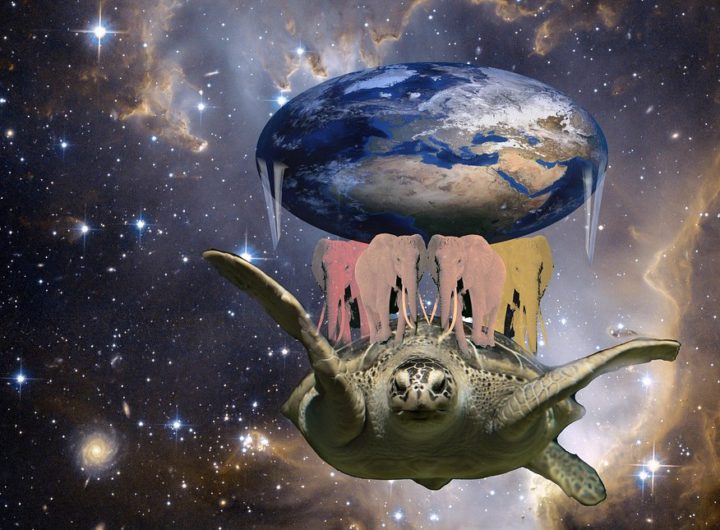As we venture through the 21st century, the world of literature has seen a dynamic shift in how stories are told and voices heard. It’s been an era of remarkable writers who’ve mastered the art of portraying our complex world with depth, sensitivity, and occasionally, just the right touch of irony. Here’s a look at some of the writers shaping the literary landscape today and setting the tone for the next generation of readers.
Chimamanda Ngozi Adichie
This Nigerian-born writer burst onto the international scene with Half of a Yellow Sun and Americanah, novels that have become essential reading for those interested in identity, cultural duality, and post-colonial Africa. Adichie’s talent lies in making the personal political, capturing intimate and powerful stories that reflect broader social issues. Her TED Talk on feminism sparked a movement, placing her not only on the bookshelf but in global conversations.
Haruki Murakami
Murakami’s works have a surreal, dreamlike quality, blending the ordinary with the fantastic. Kafka on the Shore, 1Q84, and Norwegian Wood have captivated millions with their unique blend of existential exploration and the everyday. A Japanese literary phenomenon, his work often touches on isolation, love, and the strange journeys within the human psyche. In his pursuit of enigmatic questions, Murakami invites readers into worlds where cats talk, fish fall from the sky, and reality is ever-shifting.
George Saunders
Known for his wit, Saunders has a knack for satire and storytelling that strikes at the heart of modern-day anxieties. Lincoln in the Bardo, his innovative novel set in a graveyard, garnered the Man Booker Prize, and his short story collections continue to surprise and provoke. Saunders’ style may seem unconventional, but his mastery over narrative technique is evident in every page. With his surreal approach, he’s influenced a generation of writers interested in tackling dark themes with a humorous twist.
Zadie Smith
Smith’s debut novel White Teeth was an instant success, capturing the nuances of multicultural Britain with both warmth and biting wit. Since then, she’s penned several more acclaimed novels, essays, and short stories. Smith’s style is versatile, sharp, and unapologetically observant, capturing the tensions of city life and the diverse experiences that come with it. She’s an essential read for anyone curious about identity, society, and how we navigate the contradictions of the modern world.
Margaret Atwood
While Atwood rose to prominence in the 20th century, her recent work in this century has solidified her status as a literary powerhouse. The Handmaid’s Tale saw a cultural revival through its adaptation into a television series, bringing her chilling predictions about society back into the spotlight. The Testaments, her follow-up to The Handmaid’s Tale, won the Booker Prize, showing Atwood’s enduring relevance in today’s socio-political climate. Her voice remains crucial in exploring themes of power, gender, and human rights.
Elena Ferrante
The mysterious Italian author, known only by her pseudonym, gained worldwide fame with the Neapolitan Quartet, a series that dives into the complexities of female friendship, family, and ambition in Naples. Ferrante’s works are introspective, honest, and sometimes unflinchingly brutal in their portrayal of relationships and personal evolution. Her anonymity has only added intrigue, allowing her work to speak for itself without the shadow of fame.
Wrapping Up
These writers are just a glimpse of the talents emerging and thriving in the 21st century. From literary fiction to speculative works and everything in between, these voices have shaped and continue to shape the way we see the world and ourselves. Each has contributed something invaluable to the landscape of contemporary literature, ensuring that the written word remains a powerful tool for reflection, change, and, most importantly, connection.



